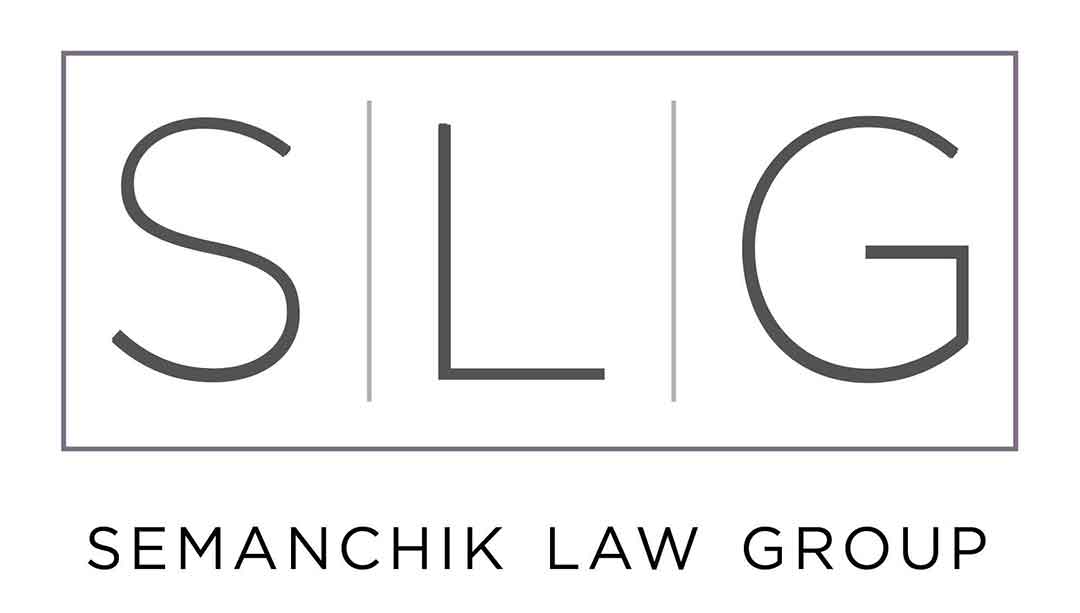What is a Force Majeure Clause?
When you enter into a contract with another person or business, you hope it will run smoothly. But what happens if circumstances beyond both parties’ control make it difficult or impossible to render the services outlined in the agreement? A force majeure clause may allow you to suspend, defer, or terminate the contract without liability.
Understanding Force Majeure
A force majeure (French for “superior force”) clause is a contract provision that gives parties the ability to amend or terminate agreements when circumstances beyond their control make performance illegal, impossible, inadvisable, or commercially impractical.
In the United States, courts tend to interpret force majeure clauses quite narrowly. In most instances, parties may only suspend, defer, or cancel a contract when an event outlined in the clause (or similar to those listed in the clause) occurs.
The most common events included in force majeure clauses include:
- Natural disasters (such as hurricanes, blizzards, and earthquakes)
- War
- Terrorism or threats of terrorism
- Riots or civil disorder
- Labor strikes
- Fire
- Outbreaks of disease
The exact application of force majeure clauses can vary significantly from state to state. In California, a party that wishes to invoke force majeure must generally demonstrate that they have made a “reasonable” or “sufficient” effort to avoid the negative consequences of the event in question. If they cannot do so, courts may compel them to fulfill their contractual obligations or hold them liable for damages.
For this reason, it is always advisable to consult with a skilled California contract lawyer before entering into any agreements. They will be able to craft the language of your force majeure clause and help you take the “sufficient” and “reasonable” steps necessary to prepare for disruptive events.
Example of Force Majeure
If an earthquake near San Marcos, California, causes damage to I-5 and I-15, rendering them impassable, a factory in the San Diego area may be able to invoke force majeure to justify a delayed delivery to a customer in Los Angeles.
However, to avoid suffering any penalties, the factory owners must:
- Ensure natural disasters are listed in the force majeure clause of the agreement with the client, and
- Prove that they took “reasonable” and “sufficient” steps to avoid the delays caused by the earthquake.
If natural disasters are not included in the force majeure clause or the owners did not take the necessary steps to avoid the delays caused by the earthquake, the client may be able to hold the factory liable for any damages caused.
Your Knowledgeable California Business Lawyer
Would you like to learn more about force majeure contracts? Perhaps you need an experienced business attorney in San Diego to help you write an important contract? Then please do not hesitate to reach out to the team at the Semanchik law group. We have been representing businesses and nonprofits throughout Southern California for many years – and we would be thrilled to offer our services to you.
To set up an initial consultation with one of our legal professionals, all you need to do is give us a call at (619) 535-1811 or fill in our online contact form.


